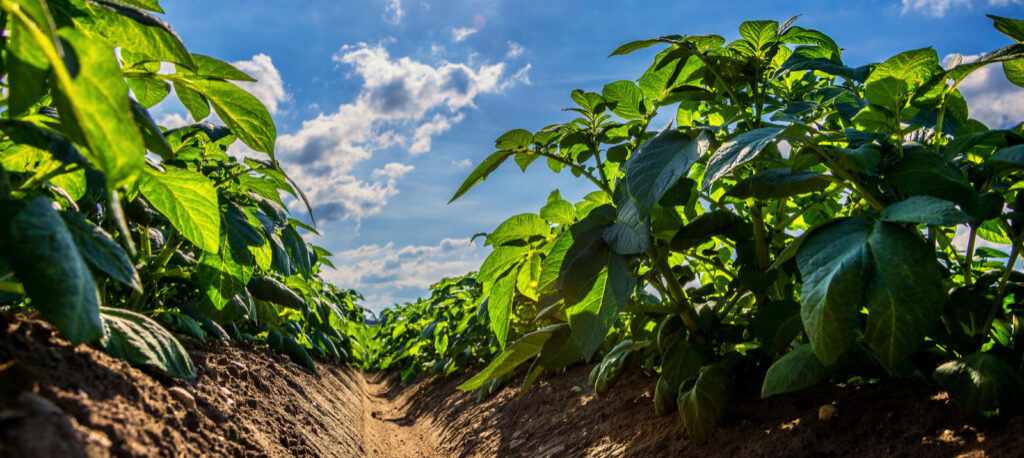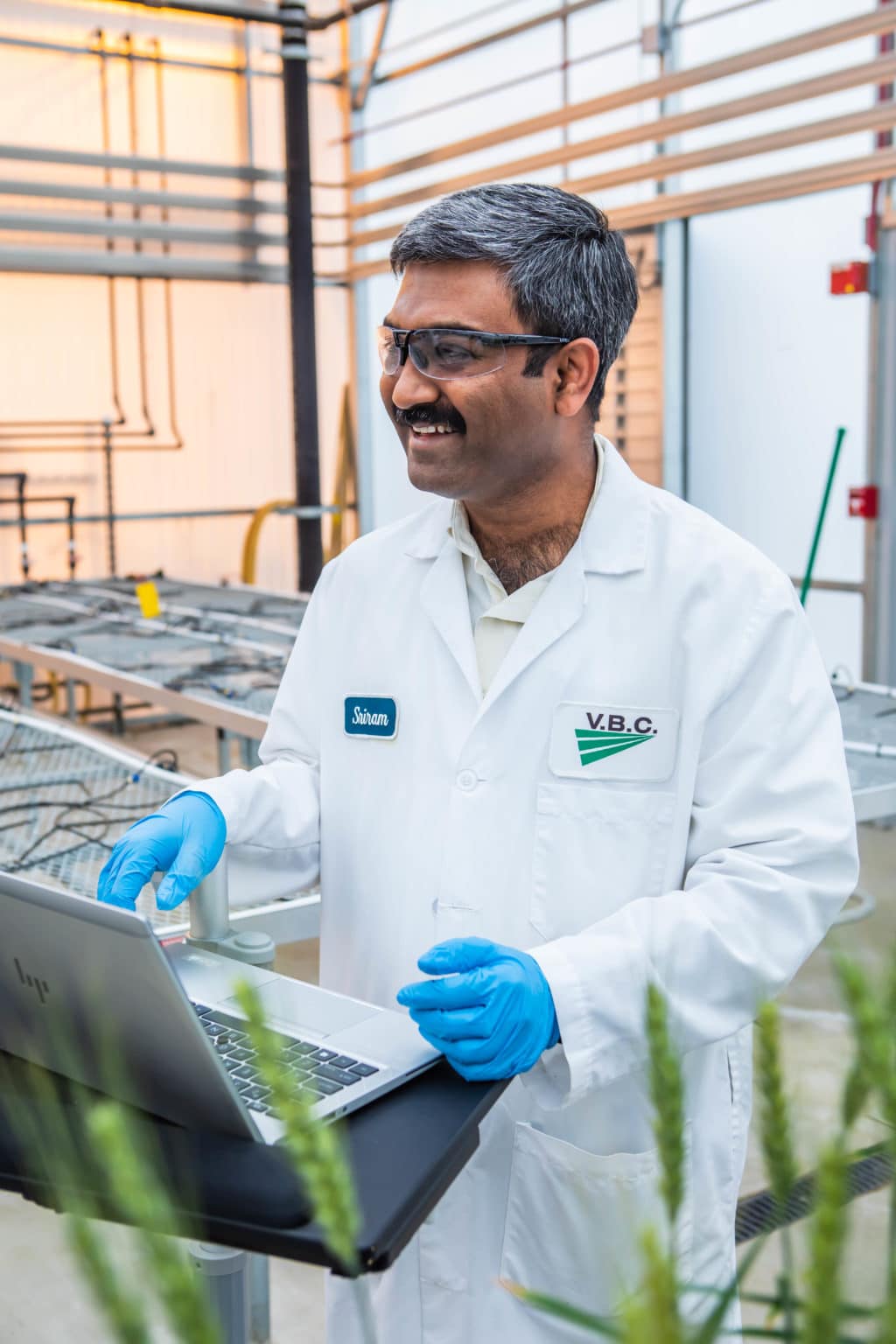
Trusted Leader in Bliss
About Us
At BLISS, we are dedicated to delivering innovative solutions that drive sustainability and enhance quality across various industries. Our expertise lies in crafting advanced microbial solutions to boost agricultural productivity, safeguard public health, and preserve the environment. Additionally, we specialize in high-quality activated carbon products designed for water treatment, air purification, gold recovery and industrial applications.
Our Team
With a strong focus on innovation and sustainability, we strive to meet the unique needs of our global clientele, offering products that ensure efficiency, reliability, and environmental responsibility. At BLISS, we are committed to creating solutions that make a difference while building lasting relationships with our customers worldwide.
Rooted in Science
Industry Leaders
Customer Focused
Solutions for a Stronger World
Our sustainable products can help bridge the gap between productivity and environmental stewardship.
Your dedicated partner for innovative solutions

BLISS extends the expertise of a dedicated team aimed at ushering in the future of crop enhancement solutions
Our Company Values
At Bliss International, we look to our company values to guide us in every decision we make, from research to production and beyond.



Frequently Asked Questions
Bio fertilizers work by stimulating natural biological processes in the soil. Nitrogen-fixing bacteria like Rhizobium and Azotobacter convert atmospheric nitrogen into a form that plants can absorb. Phosphate-solubilizing microbes release organic acids that break down insoluble phosphorus, making it available to roots. Mycorrhizal fungi form symbiotic relationships with plant roots, helping in better absorption of water and nutrients. These microbes also release growth-promoting substances that stimulate root development and plant metabolism. Over time, the soil becomes richer in organic matter and beneficial microorganisms, creating a self-sustaining system that supports long-term fertility. Unlike chemical fertilizers, bio fertilizers improve soil health with each application.
Bio stimulants are natural substances and microorganisms that enhance plant growth and stress tolerance without directly providing nutrients. Fertilizers supply nitrogen, phosphorus, and potassium to plants, whereas bio stimulants improve the plant’s efficiency in using these nutrients. They stimulate natural processes like photosynthesis, root development, and stress resistance. Examples include seaweed extracts, humic acids, amino acids, and beneficial microbes. Unlike fertilizers, which “feed the plant,” bio stimulants “empower the plant” to use nutrients better, withstand harsh conditions, and produce higher yields. They complement fertilizers and pesticides rather than replace them, making them essential for sustainable farming.
Bio stimulants provide a wide range of benefits that directly improve farming productivity. They enhance root growth, leading to better nutrient and water absorption. They increase crop yield and quality by improving plant metabolism. They help plants withstand environmental stresses like drought, salinity, and heat, ensuring steady production even in tough conditions. Farmers using bio stimulants often reduce dependency on chemical fertilizers, lowering costs. They are eco-friendly and approved for organic farming, making them suitable for both conventional and organic agriculture. Overall, bio stimulants create healthier crops, better soil conditions, and higher profitability for farmers.

